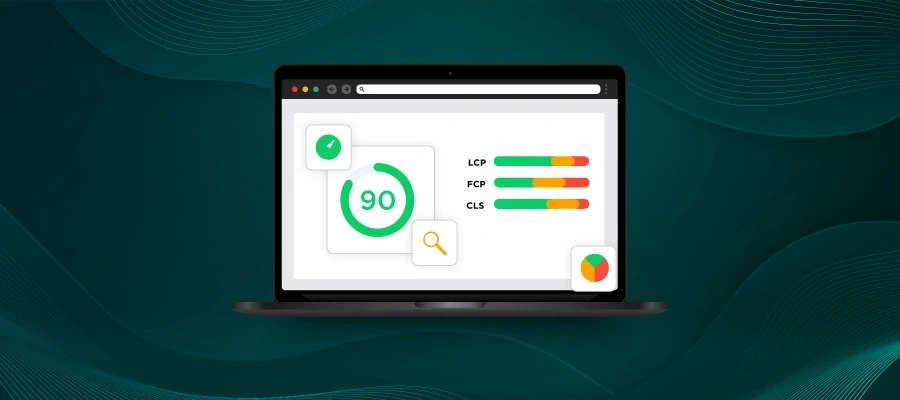And how are they used to calculate billing?
As a Webscale Stratus customer, you know that your monthly billing is a calculation of Plan Rate plus any overage on Sessions. For example, if you’re on the Stratus Lite plan for $298/month, you have 25,000 “Included Sessions.” Additional sessions are billed at 0.475¢ per session.
But what constitutes a “session?” This question comes up often, especially with new clients receiving their first bill with any session overages.
What is a Session?
According to Google, a Session “is a group of user interactions with your website that take place within a given time frame.” For Google’s purposes, a session is a map of a user’s interaction with your website during that user’s visit to your online store. A user may make several online “trips” to your store, though Google counts all page visits that occur within a set time frame as one session.
Let’s take an example. By default, a Google Session is 30 minutes. All pages visited by a user that occur within 30 minutes of one another constitutes a single session. If User A visits your home page, then, within 30 minutes, visits your About Us page, those two “hits” are part of the same session.
Google will also create a new session for the same user under two additional situations: at midnight and if the user comes to your site via some other marketing campaign. For example, if User B finds your site linked on a blog, then — even 5 minutes later — clicks on an ad you’re running in Google, these two interactions would be counted as two sessions.
You can set the length of a session at whatever period of time you wish. Session length can affect a lot of data points, including Bounce Rate, Return Visits and many, many more. However, the greatest impact can be on your hosting costs, which we’ll cover in just a moment.
Despite any cost implications, your session length should reflect how users interact with your site. If you notice that your “Returning Users” percentage is high, this could indicate that users may be visiting your site, then taking some time to deliberate before making a purchase. Having a longer session time might be in order. On the other hand, being able to identify returning users in order to craft special offers and incentives based on this behavior suggests that you should keep the session length shorter.
If in doubt, leave the session length at the Google default until you get enough metrics — and analysis — to justify a change. There’s a very good reason (known only to Google) for the 30 minute default.
Why Use Google Sessions?
Since the very beginning of hosting websites, providers who based pricing on traffic generally use data they collected in web server log files. This actually gave the client — you — little control over how the data was collected, measured or used. And it was oftentimes suspect due to collection of traffic from “bots” and other non-user traffic.
How Can Session Count Be Managed?
When we created Stratus, we knew we needed not only an impartial third-party for data, but we wanted to give our clients more control over the data collected. For instance, you, as a store owner, should not have sessions counted that are:
- From your own computers
- From traffic outside the countries you serve
- From indexing “bots”
- Adjusting session length
To filter sessions from your own computers, use the Filter tool in Google Analytics. There’s really no need to count your own sessions.
Second, in your Webscale Stratus Control Panel, you can easily de-select the countries to which you do not market or deliver. This prevents your store from being seen (and sessions counted) from users in those countries.
Third, make sure you have selected for Google to “Exclude all hits from known bots and spiders” in your View Settings in analytics.
Finally, if your session length is too short, you may be paying for multiple sessions by the same user. Alternatively, if your session length is too long, you’re not accurately capturing user interactions in a way that could be useful for marketing and analysis.
If, after making these adjustments, you are still finding your Google Sessions higher than you expect, it may be wise to have your developer or a consultant knowledgeable in converting web traffic help you identify how your site may not be maximizing the traffic you’re getting. You might also find through further analysis that you’re attracting poor traffic through bad backlinks or referrals.
The important thing to remember is that Webscale Stratus enables you to control your spending. We only want you to get good, converting traffic as well.














